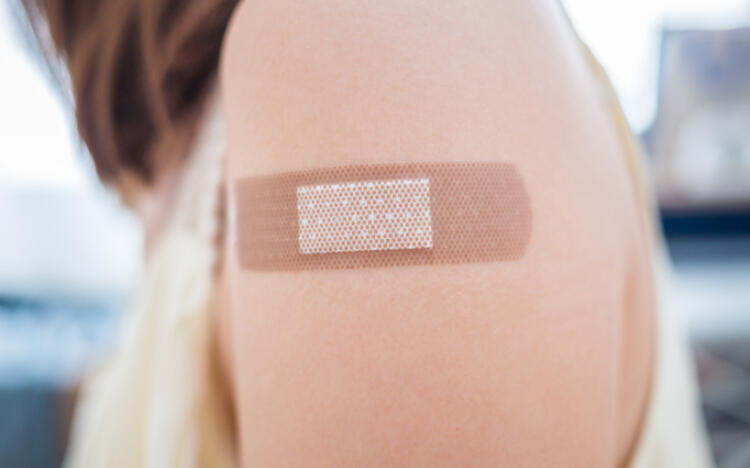This vaccine protects you from getting rabies and Australian bat lyssavirus (ABLV), a closely related disease. Both diseases are caused by viruses.
Although rabies does not occur in Australia, it does occur in other countries. People travelling to Bali and other popular destinations in Asia, Africa and Central and South America, should discuss rabies vaccination with their doctor before travelling.
Rabies and ABLV is spread in the saliva of animals (eg, dogs and monkeys) or bats infected with the virus. The virus usually enters the body when you are bitten by an infected animal. It travels in the bloodstream from the wound to the brain, where it causes swelling (inflammation), and the characteristic symptoms of rabies that usually appear 3–8 weeks after being infected.
Initial symptoms include appetite loss, fever, muscle aches (myalgia), tiredness, cough, sore throat, headache, anxiety, agitation, nausea and vomiting. Later symptoms include hyperactivity, disorientation, excited behaviour, sensitivity to air (aerophobia) and fear of drinking water (hydrophobia), and salivating excessively. The ABL virus causes paralysis, delirium, convulsions and death. Both infections are almost always fatal if symptoms develop.
Vaccines containing inactivated rabies virus are available to prevent these diseases. In Australia, you will only be given the vaccine if you have been in close contact with, or bitten by, a bat.
Who should be vaccinated?
The rabies vaccine is usually only given to people who are at risk of the infection, including people:
- travelling to, and staying for more than 1 month in, places where rabies is present
- whose occupation means that they may come into contact with bats (eg, bat handlers, vets and wildlife officers)
- people who work with animals in places where rabies is present (eg, vets and wildlife officers)
- people who work on rabies and bat lyssavirus in a laboratory.
Adults and children who are travelling to places where rabies is present should avoid close contact with wild and domestic animals (including bats). If you or your child is bitten by an animal seek medical attention immediately.
If you have recently been exposed to rabies, or think you may have been (eg, due to an animal bite), you should be vaccinated. Even if you have been vaccinated in the past you may need additional vaccinations if you have been bitten.
Pregnant women - your doctor may recommend that you have the rabies vaccination if you are pregnant, considered at risk of infection and you have to travel to countries where rabies is present.
Women who are breastfeeding - if you’re breastfeeding and you are travelling to countries where rabies is present, vaccination is recommended. There is no known risk to your baby if you are vaccinated with the rabies vaccine while you are breastfeeding.
